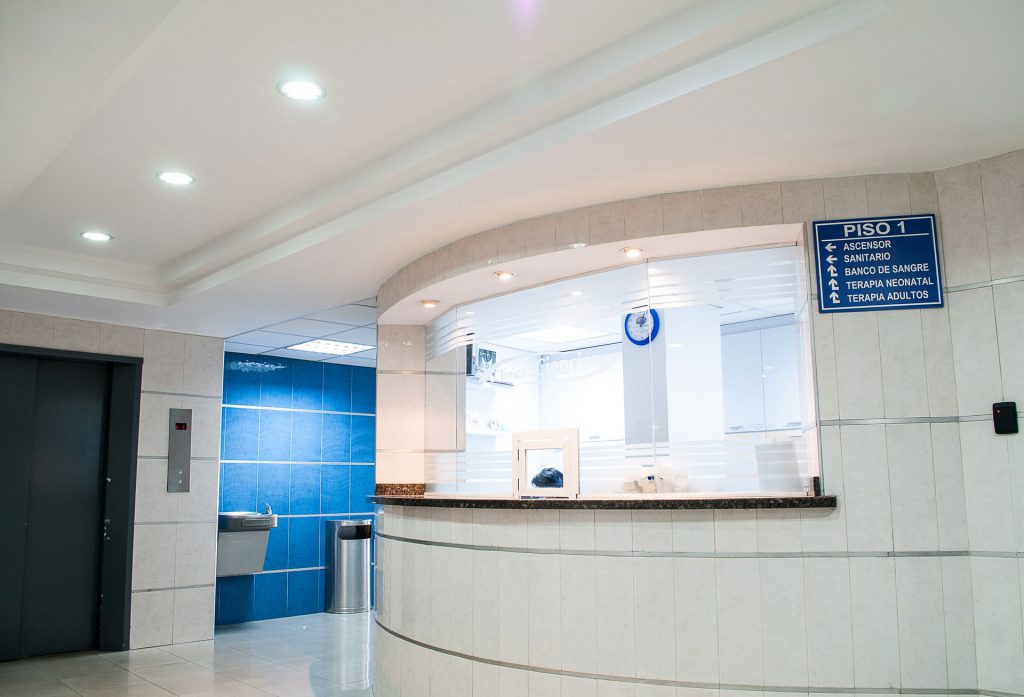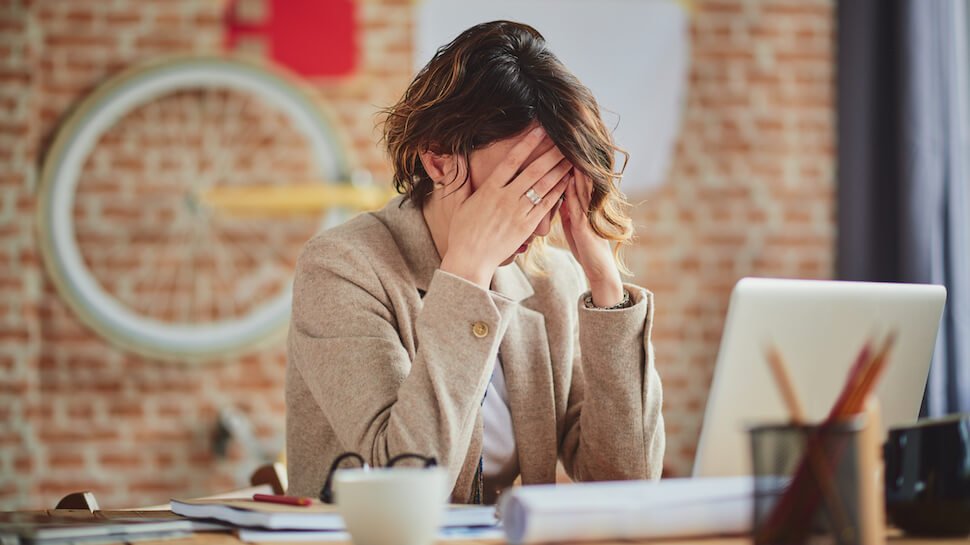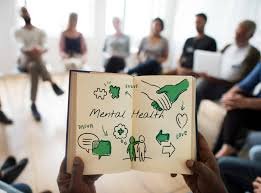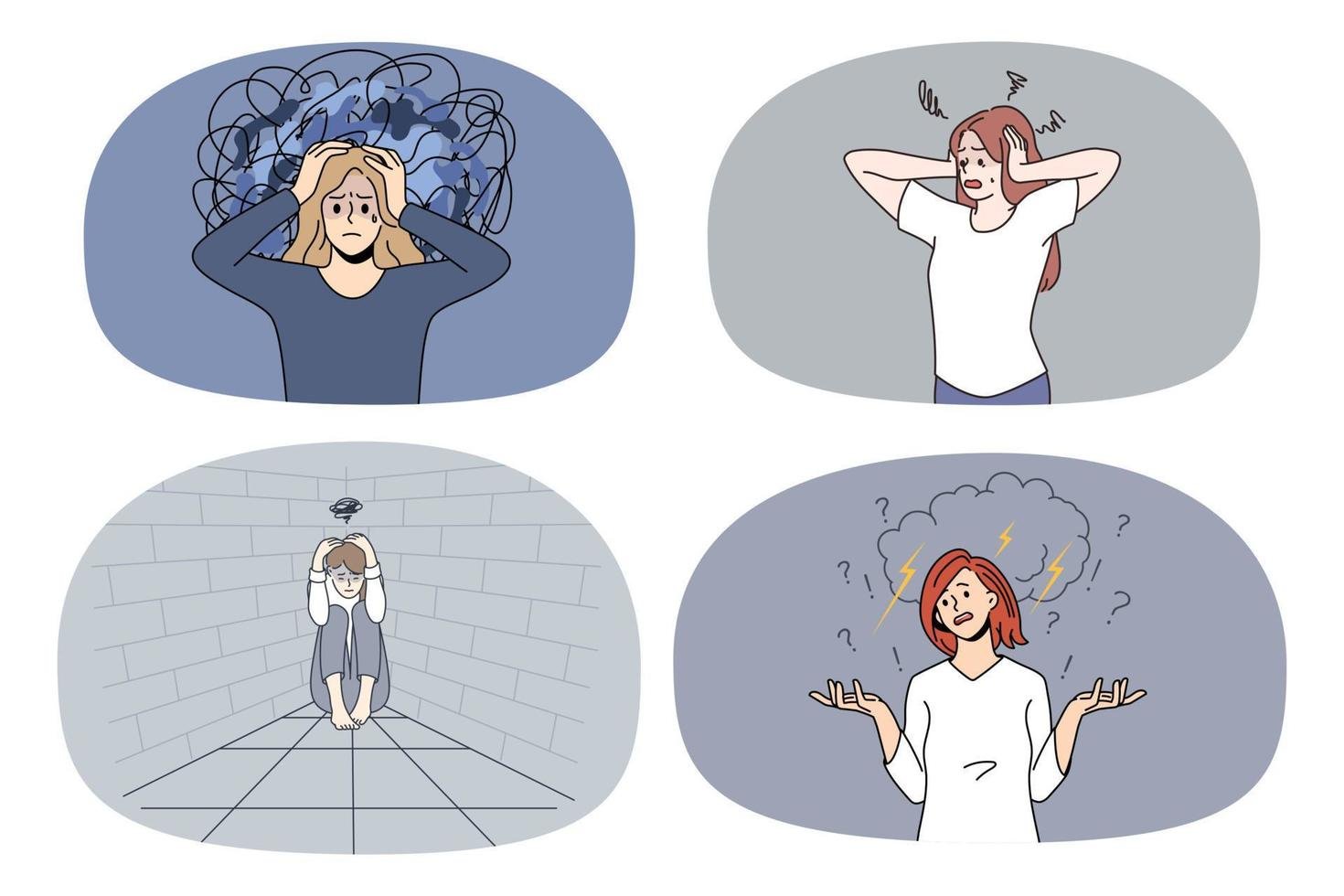Your health is top of our priority
Mental Breakdown.
A mental breakdown is often described as a sudden or gradual collapse of emotional and psychological stability. While not an official medical diagnosis, the term is widely used to describe a state where overwhelming stress, anxiety, or trauma leaves a person unable to function in daily life.
What is a mental breakdown?
Mental breakdown symptoms
Signs of a mental breakdown
Email notifications


We are here to help you
We’ll explore what a mental breakdown is, its symptoms, signs, causes, and treatment options, while answering common questions. We’ll also include practical tips on what to do if someone is having a mental breakdown, comparisons to other mental health conditions, and strategies for prevention and recovery.
Years of experience
24/7 support
Qualified doctors
Many specialties
Modern facilities
Guaranteed results
12
Clinics
145
Qualified doctors
9200
Satisfied patients
What Is a Mental Breakdown?
What is a mental breakdown? A mental breakdown definition refers to an acute period of intense psychological distress where someone feels unable to cope with everyday stressors. It is not a clinical term, but professionals often refer to it as a “nervous breakdown” or acute stress reaction.
Unlike physical illnesses, a mental breakdown can vary from person to person, depending on the triggers and symptoms. For some, it may feel like uncontrollable crying, while for others, it could resemble anxiety, panic, or depression.
Signs and Symptoms of a Mental Breakdown
What Are the Signs of a Mental Breakdown?
The signs of a mental breakdown can appear gradually or suddenly. Common mental breakdown signs include:
- Feeling overwhelmed or hopeless
- Intense anxiety or panic attacks
- Withdrawal from friends, family, and work
- Uncontrollable crying and mental breakdown episodes
- Sleep disturbances (too much or too little)
- Difficulty concentrating
Symptoms of a Mental Breakdown
Mental breakdown symptoms often overlap with other mental health conditions. Typical symptoms of mental breakdown may include:
- Rapid mood swings
- Extreme fatigue
- Racing thoughts
- Physical strain, such as headaches, muscle tension, or stomach issues (sometimes called a mental breakdown strain)
What does a mental breakdown feel like? Many people describe it as if the brain “shuts down” under pressure, leaving them unable to handle even small tasks.
What Does a Mental Breakdown Look Like?
The experience can differ: for some, it’s visible through uncontrollable crying and withdrawal, while others may mask it until a sudden outburst happens.
Some examples of what a mental breakdown looks like in real life include:
- Missing work or classes suddenly
- Neglecting hygiene and personal care
- Having intense emotional reactions to minor stressors
What Triggers a Mental Breakdown?
What Causes a Mental Breakdown?
Several factors can contribute to breakdowns, including:
- Chronic stress at work or home
- Financial difficulties
- Relationship conflicts
- Trauma or grief
- Health issues (for example, a menopause mental breakdown due to hormonal changes)
Celebrities have also brought attention to this topic. For instance, Britney Spears’ mental breakdown in 2007 highlighted how relentless stress, media scrutiny, and personal struggles can push someone past their limits.
Comparisons With Other Mental Health Conditions
People often confuse breakdowns with other conditions. Let’s clarify:
- Panic Attack vs Anxiety Attack vs Mental Breakdown: Panic and anxiety attacks are short episodes of extreme fear, while a breakdown is more prolonged and affects daily functioning.
- Mental Breakdown vs Panic Attack: A breakdown can include panic attacks, but it is broader and longer-lasting.
- Nervous Breakdown vs Mental Breakdown: The two terms are used interchangeably, though “nervous breakdown” is more traditional.
What to Do If Someone Is Having a Mental Breakdown
If you’re wondering how to help someone having a mental breakdown, here are steps you can take:
- Stay calm and listen without judgment.
- Encourage deep breathing or grounding techniques.
- Remove them from overwhelming environments if possible.
- Suggest professional help, but avoid pressuring them in the moment.
If you ever ask yourself, “Am I having a mental breakdown?”, consider seeking immediate support from a healthcare professional or trusted friend.
Treatment Options and Recovery
Mental Breakdown Treatment
Treatment often includes:
- Therapy (cognitive-behavioural therapy, talk therapy)
- Medication for anxiety or depression (if prescribed)
- Lifestyle adjustments like improved sleep, exercise, and stress management techniques
Recovery also requires patience. Sometimes people say “one mental breakdown later” to describe how they learned coping skills after a major low point.
What Triggers a Breakdown?
Common Causes of a Mental Breakdown
| Cause | Explanation | Example |
|---|---|---|
| Work Stress | Overload, toxic environments, burnout | Missing deadlines leads to collapse |
| Personal Loss | Grief, divorce, trauma | Death of a loved one |
| Hormonal Shifts | Menopause, thyroid issues | A menopause mental breakdown due to estrogen changes |
| Financial Struggles | Debt, unemployment | Family breadwinner loses job |
| Public Pressure | Celebrity scrutiny, social media bullying | Britney Spears mental breakdown in 2007 |
Real-Life Case Study: Britney Spears’ Mental Breakdown
When Britney Spears shaved her head in 2007, many labelled it a “breakdown.” In reality, it was a mental health breakdown triggered by custody battles, relentless paparazzi, and career pressures. This example shows how what causes a mental breakdown can vary, but stress is nearly always central.
Panic Attack vs Anxiety Attack vs Mental Breakdown
Comparing Conditions
| Condition | Duration | Main Feature |
|---|---|---|
| Panic Attack | 10–20 minutes | Sudden surge of fear, physical symptoms (chest pain, dizziness) |
| Anxiety Attack | Hours to days | Persistent worry, tension |
| Mental Breakdown | Days to weeks | Collapse of ability to function, multiple overlapping symptoms |
This explains why people confuse mental breakdown vs panic attack or nervous breakdown vs mental breakdown — but breakdowns are broader and more debilitating.
What to Do If Someone Is Having a Mental Breakdown
If you ask what to do if someone is having a mental breakdown, here’s a step-by-step approach:
- Stay calm – Your energy influences them.
- Listen actively – Avoid judgment, don’t interrupt.
- Offer grounding tools – Encourage slow breathing.
- Protect their safety – Remove harmful objects if risk exists.
- Encourage professional help – Suggest a therapist or helpline.
Q&A
Q1: How to help someone having a mental breakdown?
Offer support, listen, and guide them to professional resources.
Q2: Am I having a mental breakdown?
If you feel constantly overwhelmed, hopeless, or unable to function, you may be experiencing it. Always seek a doctor’s advice.
Q3: What are the signs of someone having a mental breakdown?
Isolation, anger outbursts, uncontrollable crying, neglect of responsibilities.
Q4: Can kids experience one?
Yes, even a Class 4 mental breakdown can occur in school-aged children under academic stress.
Q5: What happens after?
Some say, “one mental breakdown later”, they emerged stronger after therapy and lifestyle changes.
Treatment: How to Recover
Mental Breakdown Treatment Options
- Therapy: CBT and talk therapy are proven effective.
- Medication: Antidepressants or anti-anxiety drugs when prescribed.
- Lifestyle shifts: Sleep hygiene, exercise, meditation.
Q&A
Q6: What’s the difference between a nervous breakdown and vs mental breakdown?
They mean the same thing in casual use, though “nervous breakdown” is older terminology.
Q7: What are the early signs of a mental breakdown?
Irritability, loss of sleep, constant fatigue, and social withdrawal.
Q8: What’s the fastest way to calm down during one?
Breathing exercises, grounding (naming 5 things you see), or calling a trusted friend.
- Pie Chart: % of people reporting symptoms during breakdowns (anxiety 65%, fatigue 55%, insomnia 50%, crying 35%).
- Line Chart: Stress levels vs likelihood of breakdown over time.
Prevention Strategies
Seek help early instead of waiting
Learn to say “no”
Manage workload with realistic deadlines
Practice mindfulness meditation
Stay connected socially
A mental breakdown is not a weakness, but a cry for help from the mind and body. Recognising mental breakdown symptoms, understanding mental breakdown signs, and knowing what to do if someone is having a mental breakdown can make a difference between prolonged suffering and timely recovery.
Whether you’ve been having a mental breakdown, asking “Am I having a mental breakdown?”, or supporting someone else, remember: help is available. With treatment, therapy, and self-care, recovery is not just possible
What our patients say
Nam tempus eleifend elementum. Donec aliquet eleifend est eget fermentum. Curabitur a volutpat sapien. Etiam eu mauris et nibh commodo ornare at quis velit.

Maecenas maximus at nulla a volutpat. Nullam commodo dapibus tortor, non suscipit magna interdum pellentesque. Pellentesque eget mi at sem elementum commodo. Nam tempus eleifend elementum. Donec aliquet eleifend est eget fermentum. Curabitur a volutpat sapien. Etiam eu mauris et nibh commodo ornare at quis velit.
Anna Simmons
Recent articles

What does a mental breakdown feel like
September 19, 2025

Mental Breakdown Treatment
September 19, 2025

Mental breakdown symptoms
September 19, 2025
Keep up to date
Sign up for our email updates
Mauris sed ex quam. Nulla neque nisl, sagittis nec pulvinar eget, efficitur eu dui. Aenean pharetra nisi libero, at molestie quam ultricies vel.